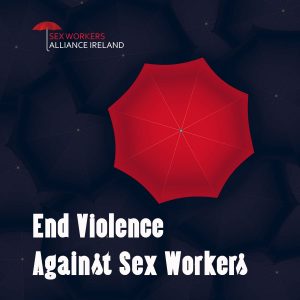Kate McGrew, current sex worker and director of the Sex Workers Alliance Ireland (SWAI), said “The Sex Workers Alliance are horrified to learn of the jailing of two sex workers at Naas District Court yesterday, one of whom is pregnant, less than one week after International Sex Workers Day. The facts of this case show the 2017 Sexual Offences Law is not fit for purpose. There were no clients present, very little money and no evidence of the workers being coerced in to their job.”
She continued “The change in law in 2017 was heralded as a law that would protect sex workers. But we at SWAI cannot understand how jailing two young migrant women will protect or rescue them in any way. Their crime, for working together for safety, is not a violent crime and there are no victims.
“Prior to the change in law in 2017 the maximum sentence for so-called brothel keeping was 6 months. When misinformed politicians and policymakers speak about how the law has decriminalised workers they completely ignore that sex workers working together for safety risk increased penalties. We repeat: the Nordic Model does not decriminalise sex workers. This is not justice gone wrong, this is how the law was designed to work.
“Even those who support the law cannot support the prosecution of two women under these laws. We in SWAI feel this is an egregious waste of Garda time and resources. These are two women working together, whose apartment was put under surveillance by the Gardai.
“When we fought last year to repeal the 8th amendment we spoke of care and compassion for those who are pregnant. Are we really ready to stand over the jailing of a young pregnant migrant who was working together with another woman for safety? Is this the justice system we want for our country? We have a long and shameful past of institutionalising ‘fallen women’. The clear contempt in the way the judge spoke to and about these women is very reminiscent of our dark history of Magdalene laundries and Mother and Baby homes.
“Sex workers want to be safe and we want to trust the state and its services in upholding our rights. But cases like this erode the already precarious trust that workers have in state services. Next year, there will be a three year review of the 2017 Sexual Offences Act. The Sex Workers Alliance will be calling for full decriminalisation of sex workers in the review.”
#DecrimforSafety #SupportSafeSexWork.

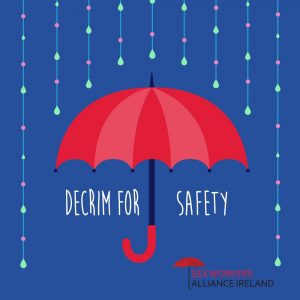
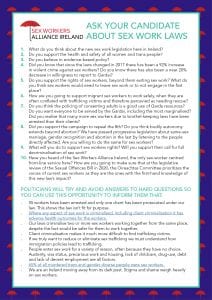
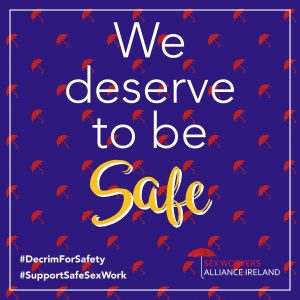
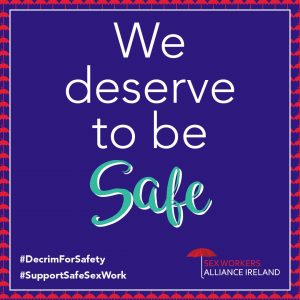
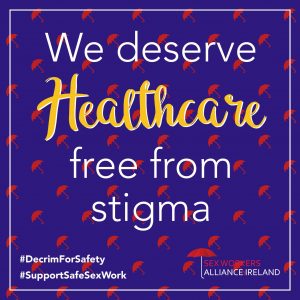

 ess releasem
ess releasem